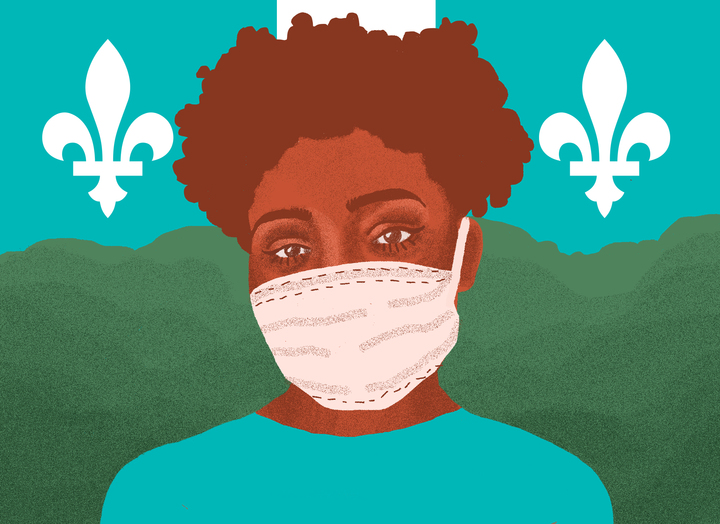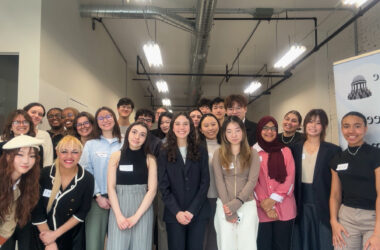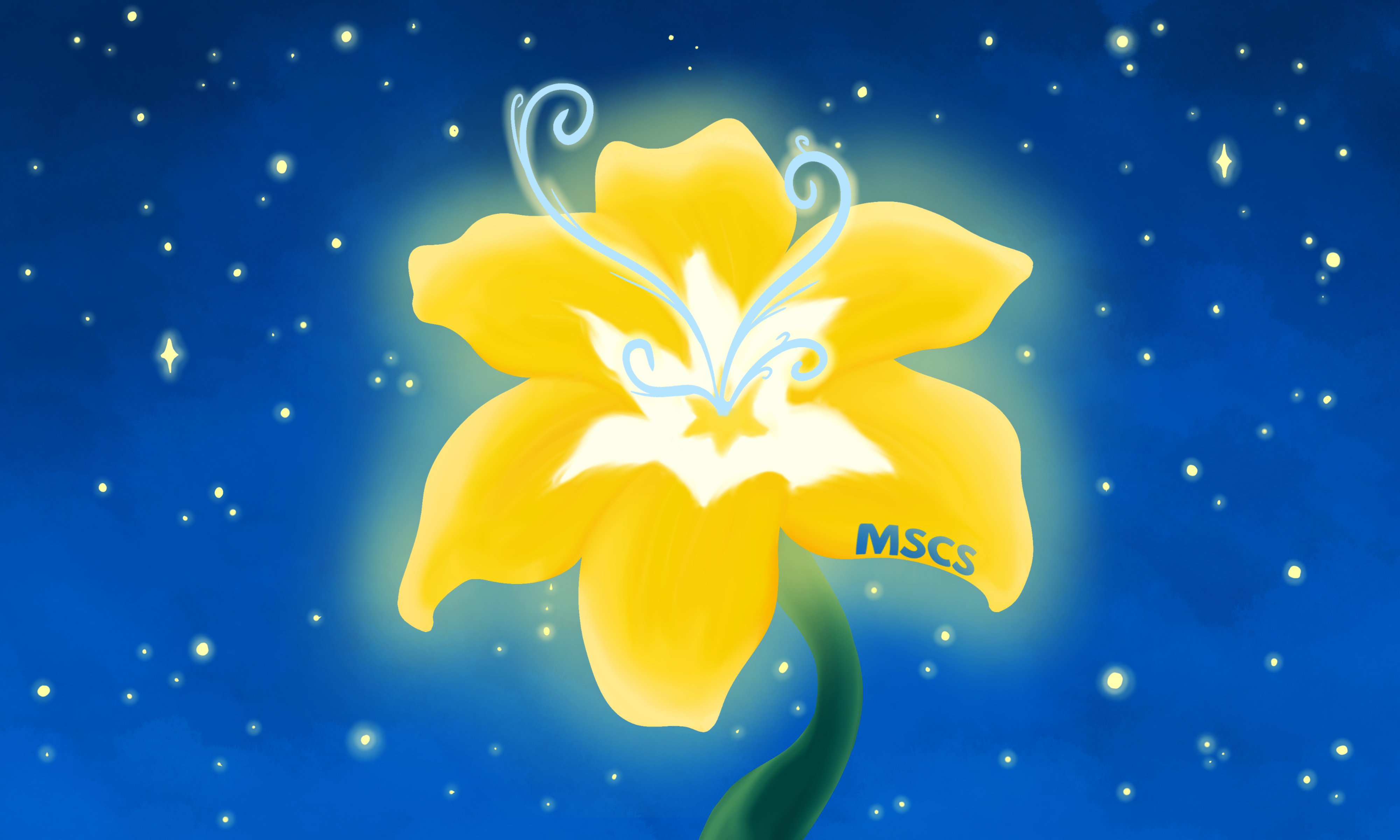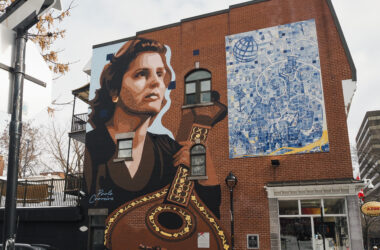As the COVID-19 pandemic continues, face masks have become a part of everyday life. In Quebec, it is mandatory to wear a face covering in indoor public spaces, which includes retail stores, shopping plazas, and grocery stores. While face masks are important for health and safety reasons, colourful and personalized options are a way for people to actively express themselves. Montrealers can integrate face masks into their individual style and wear it as a creative accessory.
As face masks become the norm with our daily apparel, the demand for fashionable options has risen considerably. According to Allied Market Research, the production of face masks has not only increased during the pandemic but is also predicted to consistently rise until 2027, which has led to a surge in fashion-forward face mask options. While various high-end brands such as Rag & Bone and Tory Burch have started to sell luxury face masks aimed at affluent shoppers, affordable options on Amazon and Etsy have boomed. Etsy disclosed that between April 4th and 6th, the term “face mask” was searched more than two million times. The reach of face masks in fashion has also been widened further with the presence of face coverings on the runway and in haute couture. Earlier this year, Paris Fashion Week introduced the idea of couture face masks, and this sentiment was followed by a recent Seoul fashion show where facial accessories complimented the clothes adorned by models.
Despite the growing popularity of face masks in fashion, purchasing a face mask is not the only way to obtain appropriate face coverings. A more creative way to approach the face mask policy is through DIY methods. While a common technique is the scarf hack, which uses a total of three items, the top alternative is the T-shirt hack. In lieu of alternative coverings, some creators have used traditional face masks as a medium to express their creativity. Artist Linda Woods has promoted her work by using fabric printed with her paintings to make custom masks. Similarly, the M.AD School of Ideas has created “FUN MASKS,” which seek to familiarise children with face masks through the use of their own art skills. While innovative designs can encourage creativity within the realm of public health, art is not the only way face masks have been used to display thoughts.
The creative expression afforded by face masks can even make political statements. Take inspiration from Nicola Sturgeon, First Minister of Scotland. Her go-to mask—a simple, grey colour highlighting the Scottish pattern with different coloured lines—was a nod to subtle patriotism. The impact was entirely the opposite, though, spiking sales and promoting Scottish culture, charities, and businesses. Alternatively, since face masks became mandatory for many restaurant and retail workers across the United States, many employees have walked out in protest of not being allowed to wear masks in support of the Black Lives Matter movement. This version of political activeness has prompted questions about first amendment rights in America, leading to a rise in face masks with statements that reflect individual stances on political issues.
The importance of face coverings in containing COVID-19 is pivotal, but it also presents a new avenue of creative expression for those who want to transform a face mask into a statement. Montrealers can mold face coverings into a unique and personal accessory by using inspiration from politics, fashion, or art. At the end of the day, whether you buy a face mask or make a face mask, just ensure that you wear one and stay safe.









